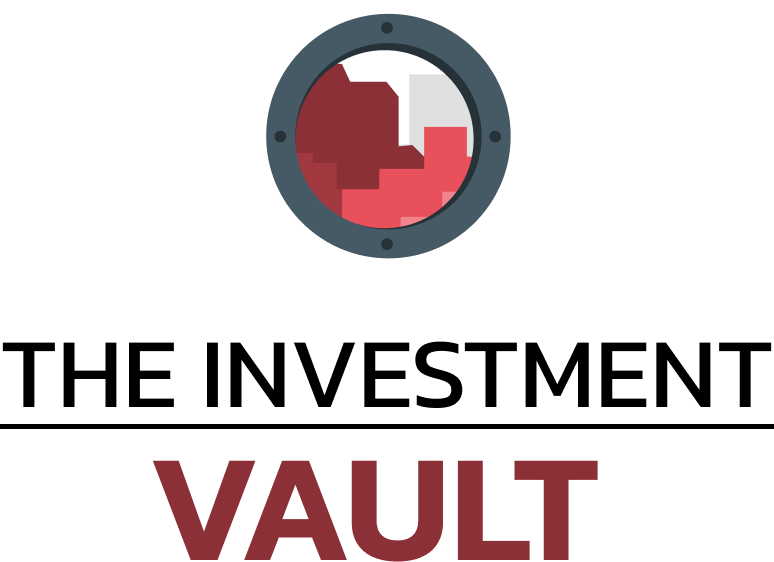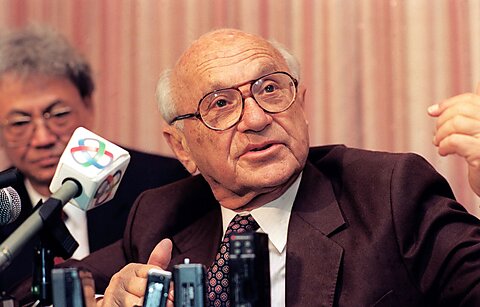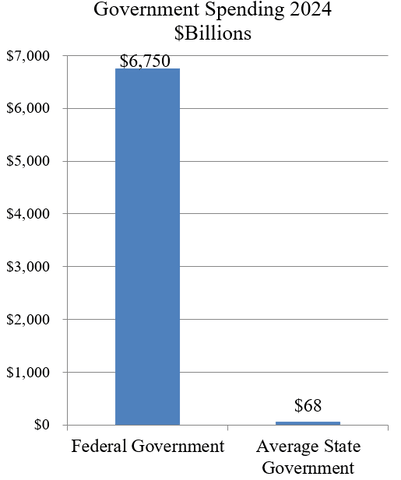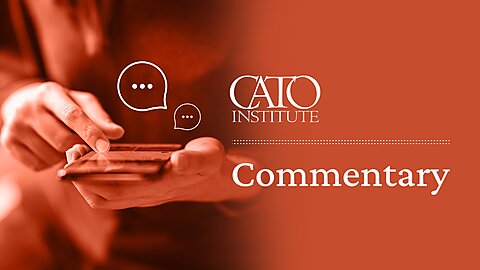During the 2020 campaign, Joe Biden said, “Milton Friedman isn’t running the show anymore.” It was incredible for a presidential candidate to mention the name of an economist who had died 14 years earlier. After reading Jennifer Burns’ new book, Milton Friedman: The Last Conservative (Farrar, Straus and Giroux, 592 pages, released November 14, 2023), however, I found that Biden’s statement is more understandable in Friedman’s case than for any other economist. Even John Kenneth Galbraith said, “In the history of economics, the age of John Maynard Keynes gave way to the age of Milton Friedman.” Burns’ book makes a convincing case for why Galbraith was correct about Friedman’s impact (but not much else).
Jennifer Burns, an associate professor of History at Stanford University and a research fellow at the Hoover Institution, makes clear in Milton Friedman: The Last Conservative that Friedman had a significant impact on the world and deserves the attention he receives even years after he passed away. Friedman was a brilliant economist who upended paradigms in macroeconomics, inspired a new generation of macroeconomists (rational expectations), made significant contributions to our understanding of microeconomics, advised policymakers, wrote and co‐authored several popular books, spread his ideas widely, and so much more.
Burns’ book gives an excellent and readable account of Friedman’s life, contributions, and times. It’s readable, sympathetic, and fair. The Economist put Milton Friedman: The Last Conservative on their Best Book of 2023 list for good reason.
CSPAN After Words invited me to interview Burns about her new book (video below). My biggest problem with her book is the subtitle, The Last Conservative. Friedman described himself as a liberal, a classical liberal, a radical, a small “L” libertarian, and a Republican. But he bristled at the suggestion that he was a conservative. I asked Burns about this at the end of the interview. Here’s her answer:
You know there’s a couple different reasons I did and I’m very aware that Friedman did not call himself a conservative and would probably not like the title of the book. He didn’t go as far as F.A. Hayek did to write an essay, “Why I’m Not a Conservative,” and maybe if he had written that essay, I would say, “I can’t move forward with this title,” but I kind of mean it in two ways.
One is when you look at his, the people he interacted with, the people he gave his ideas to within American politics, those who found him most compelling, most of those people called themselves conservatives, and conservatism in the United States is different than conservatism in other countries, in large part because it incorporates what in other countries is called “liberalism” or “neoliberalism,” a celebration of the market and celebrating capitalism, which is a dynamic economic system, is in some ways in tension with being conservative because it drives a lot of social change.
Nonetheless, in the United States, you have this sort of hybrid political movement of people who are socially or religiously conservative with economists dedicated to the free market with, during the Cold War era, people who felt very strongly Soviet Russia needed to be combated. These people come together, they call themselves “conservative,” they’re called by others “conservative,” and Friedman is part of this movement, so that’s just sort of empirically a reason to call him that.
The other way, that is maybe even more substantive, came from understanding his approach as an economist, which was to look at ideas, traditions and approaches that had defined the discipline that were really being left behind in a postwar era. And then say, like, “hold on a second. There’s something here worth conserving,” and so I do see him as someone who conserves the kind of inherited wisdom of his discipline.
Monetarism is based on the quantity theory of money, an older idea that most economists in the 50s said, “it’s not really relevant anymore.” Likewise, the very practice of doing empirical historical research was very out of fashion, and so I think that was his intellectual orientation, I think within American society was his political orientation.
In terms of The Last [Conservative], I mean, that’s really gesturing a little bit to the current state of affairs where conservatism is very much in flux and, I think, contested, and up for grabs and the type of conservatism that Friedman represented, that synthesis of free market capitalism, religious traditionalism, and an aggressive foreign policy, and a sort of orientation to global markets and to global influence. That synthesis and the pieces are all there, but they don’t come together in the same coherent way they did when Friedman was at the height of its influence. I think it’s sort of a provocation and sort of an invitation. We don’t know if he’s the last conservative or not. It might look like that right now. For some people that will be cause for celebration, for others cause for loss, but the book is not yet written. So with my book I want to give people resources to think about kind of how we got here and to think, “what in our past do we want to carry with us into the future?”
I recommend the book to anyone with an interest in Friedman, how the economics profession changed from about 1930 to the 1970s, the rise and fall of different economic paradigms during that time, and the intellectual history of big political questions during those years. Last but not least, Burns writes well and explains complex ideas accurately and in a way that intelligent laypeople can understand – a rare gift.
Being in the interviewer’s chair for a change was different, but I enjoyed it. The goal of an interviewer is to steer the conversation, allow the interviewee to explain their ideas, and add some thought‐provoking questions to get the interviewee to reveal the unexpected. The interview was not about me or my ideas but about Burns and her new book, so I had to crush my ego and hand it over to her. I did well, but not as well as I could have, and I learned some lessons that will help me in future interviews. Hopefully, you will enjoy my interview with Jennifer Burns about her new book, Milton Friedman: The Last Conservative. More importantly, I hope you pick up her book.




